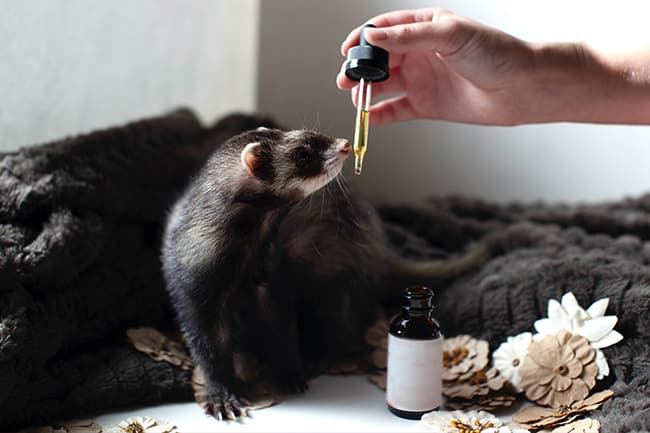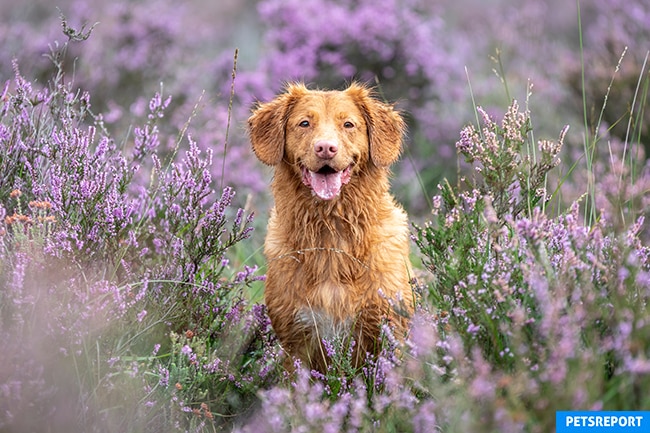The use of essential oils is basically an everyday occurrence. While it may seem natural to start using them on your pets, should you try it? After all, they have a slew of benefits. But the answer is a resounding NO. The benefits are real, but only when applied properly. The safety of essential oils for pets is a complicated topic, and it is not one that you are going to understand overnight. You will need to learn the properties of so many oils, along with any contraindications they may have. Read on to find out all you need to know if essential oils are safe for your pets.
Using Diffusing Oils With Pets
We all love our home to smell good, and one way to do that is by diffusing essential oils. However, these oils are far more concentrated than they would be in their natural setting, and this means that the scent and the properties within are much more powerful.
Always use caution when diffusing essential oils around our pets.
Are Essential Oils Safe for Your Pets (PetsReport)
Animals have a more developed sense of smell than humans, making oils smell far stronger to them. A little bit of common sense will go a long way to keeping your pets safe, so here are some recommendations to follow:
- Dilute your oils more than the standard dilution.
- Start with only a few drops to see if there is any reaction from your pet. Observe their behavior and breathing. Do this every time you try a new oil.
- Moderation is key! Do not run your diffuser 24/7.
- The diffuser area should be pet-proof. If it were to get knocked over and your pet ingested water containing the oil, they can become seriously ill.
What Oils To Avoid Near Pets
Some oils are not safe for Fido or Fluffy. Below you will find a partial list of some of the most toxic essential oils:
- Pennyroyal
- Eucalyptus
- High-phenol oils like basil, oregano, or clove
- “Hot” oils like cinnamon, thyme, and clove
- Pine oils
- Juniper
- Anise
- Citrus
- Yarrow
These are only a few of the oils considered to be toxic to pets. When in doubt, err on the side of caution and do not use the oil, or ask your vet.
Safe Essential Oils for Some Pets
Here are some of the most common essential oils that are used on or around pets:
- Peppermint: often used in flea preparations (Caution: toxic to cats!)
- Lavender: has a calming effect when used in aromatherapy (Caution: toxic to cats!)
- Cedarwood: used as a pest repellant, expectorant, hair growth stimulator, and more.
- Frankincense: used in some cancer treatments
- Chamomile: used as an anti-inflammatory

How To Use Oils on Your Pet
When deciding to go with topical applications of essential oils, they must be well diluted. A good starting ratio is 50 to 1 (one drop of essential oil into 50 drops of carrier oil). You can also purchase an essential oil book specifically aimed at the treatment of dogs and cats if you want to get exact recipes.
There are several places that you will not want to apply your essential oil. Stay away from the genital area and the nose, ears, and eyes. Also, because dogs and cats will lick their fur, you must monitor any topical applications so that no accidental ingestion occurs.
Precautions for Using Essential Oils With Pets
With the safety of your pet being the top priority, pay close attention to the following precautions:
- Know your pet’s health so you are aware of any problems that may occur.
- Stop using oils immediately if you see any adverse reaction.
- Unless instructed by your vet, never add an oil directly into your pet’s water or food.
- Never use an essential oil on a pet that has seizures.
- Stay away from using oils on puppies less than 10 weeks old.
- Use extra caution when using oils on pets who are pregnant or nursing.
Although both mental and physical well-being can certainly be enhanced with essential oils, it cannot be stressed enough that you need to know what you are doing. Take the time to learn about all the different oils and their properties. If something goes wrong, it can be a medical emergency, so watch out for signs of lethargy and weakness, drooling and trouble breathing, difficulty walking or muscle tremors, vomiting, burns around the face. If any of these do happen, take appropriate steps immediately.

